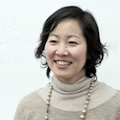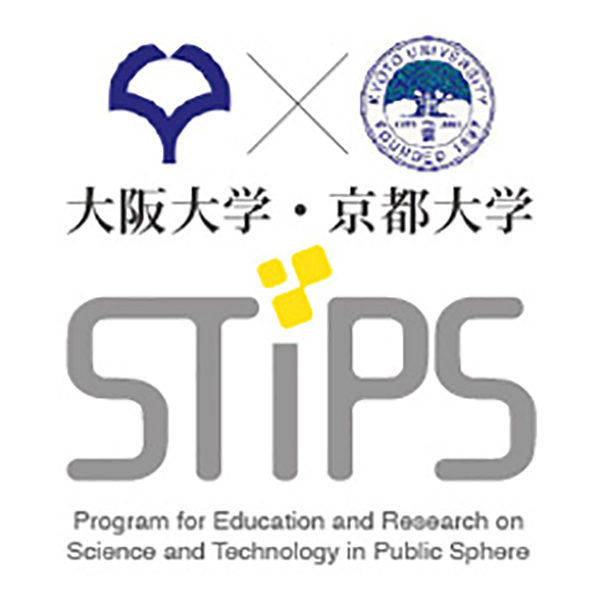World Wide Views on Global Warming Interview
The Same Questions, the Same Day, Throughout the World
World Wide Views was a worldwide citizen conference on global warming in which Denmark’s DBT played a central role. It helped transmit the voices of citizens worldwide to the government officials participating in the negotiations at the COP15, held in Copenhagen, Denmark. Osaka University and Sophia University hosted the World Wide Views in Japan in Kyoto, and the event was conducted with the cooperation of Hokkaido University’s CoSTEP. Discussions were held in different countries on the same day, based on the same questions, and using the same method. I believe that this was probably the first attempt to conduct a grand social experiment in which opinions of the people of each country were presented to those participating in international negotiations.Issues Predicted from Global Standards
In conducting the event, we discovered various issues. One emerged from the restriction of having to think about the same questions based on the same information as people in 38 countries. This prevented us from making statements such as, “For example, in Japan…” and from offering participants information related to things familiar to them. Therefore, although the participating citizens had expended considerable effort to come together for these discussions, their content was unconnected to their daily lives.We could not discuss local problems because it was a worldwide discussion. Thus, one issue for future exploration is finding a balance between each country’s geography, culture, and social situation as well as designing mechanisms to do so.
In addition, the existence of experts from diverse fields relating to global warming is indispensable for actively planning such a conference. However, few countries outside the Anglosphere can adequately gather such specialists. Furthermore, I believe that it is necessary to determine Japan’s role in this situation.
Transcending Borders, New Understandings
World Wide Views in Japan was an unprecedented citizen conference. After the one-day discussion, participants had further ideas and many noted that there are few opportunities for discussions with people of diverse perspectives. It appears that prior to the conference, many people thought that such a discussion would not succeed.I believe that family members or friends rarely have serious discussions about environmental issues, even if such issues are discussed on television. Normally, no opportunities exist to discuss political issues or problems relating to science and technology that require specialist knowledge, let alone to debate these issues with people whom you have not met. However, after World Wide Views in Japan, many participants came to the important realization that they can engage in debates.
The role that World Wide Views played as well as the issues that arose differed in each country. In India, for example, this event was epoch-making in that discussions transcended the caste system. In countries without democratic systems, people were moved by the fact that the voices of the general public could be transmitted to the site of international negotiations. Through this experience, I realized that some international problems cannot be understood without having discussions that transcend national borders.
Further, the presence of citizens who wanted to address the discussion questions left a very strong impression on me. While it was meaningful to consider the same questions throughout the world, I strongly felt that it is also necessary to reconsider the questions to make the discussion more directly related to the lives of citizens.
 |
● Ekou Yagi, Associate Professor Osaka University Center for the Study of Communication Design |
2014年02月28日公開 | Interview





